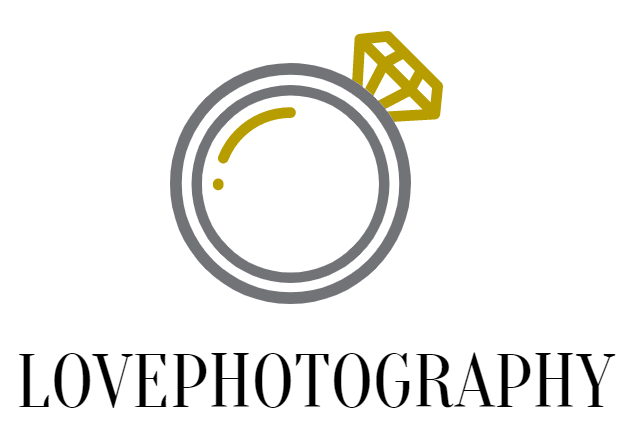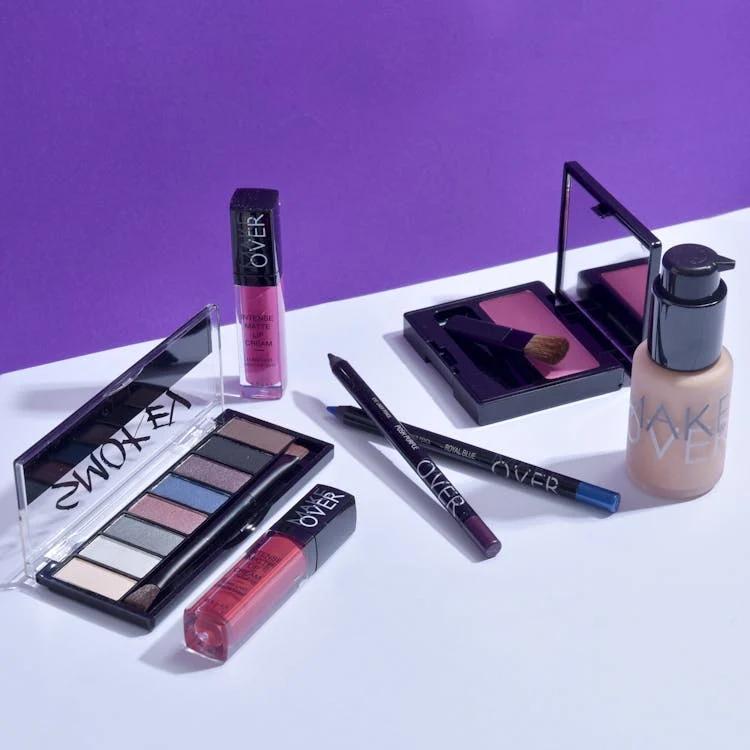The makeup industry has become highly transformed with changing times, shifting consumer expectations, rapid technological advancement, and a growing global focus on sustainability. The backbone of evolution is makeup manufacturers, hiding behind the curtains as shape-makers, innovators with products, and redefinition of beauty standards.
This article discusses how the changes are affecting manufacturers, industry dynamics, and some key considerations for businesses to navigate this changing landscape.
The Changing Makeup Manufacturer Landscape
1. Increasing Expectations of Consumers
Consumers in this era and time expect more than just functional products; they expect brands to reflect their values, including inclusivity, sustainability, and ethical practices. Makeup manufacturers have responded to these expectations by:
- Offering shade ranges that reflect the diversity of skin tones.
- Developed cruelty-free and vegan formulations.
- Launched eco-friendly packaging solutions.
These changes highlight customization and flexibility in product formulation, transforming the way production is carried out.
2. Role of Technology in Production
Advanced technologies such as AI and machine learning are quite famous in these times. They have transformed makeup production by:
- Making predictions based on consumer data.
- Creating formulations suitable for particular skin types.
- Simplifying production processes, reducing waste, and improving consistency.
Other innovations include 3D printing for complex designs and smart factories powered by the Internet of Things to provide real-time quality control, which further increases efficiency.
Role of Makeup Manufacturers in Setting Trends
1. Clean Beauty Movement
Clean beauty has forced makeup manufacturers to replace harmful chemicals with parabens, sulfates, and synthetic fragrances from natural and organic products. Transparency is a basis in this movement as manufacturers disclose detailed ingredient lists, therefore empowering brands and consumers.
2. Personalization at Scale
Manufacturers are allowing brands to offer personalized products, from bespoke foundation shades to customizable packaging. Examples include mix-and-match lipstick kits and curated palettes, fostering consumer ownership and loyalty.
Challenges Makeup Manufacturers Face
1. Sustainability at Scale
Affordability and sustainability are at odds with each other. Manufacturers are working on this by investing in biodegradable materials, energy-efficient production, and closed-loop systems.
2. Regulatory Compliance Across Markets
International regulations vary widely. Different countries would have different regulations and standards for beauty products. A robust compliance team would be required to ensure standards for safety and labeling would be in place for worldwide market access.
3. Speed vs. Quality
Rapid beauty trends call for quick launches but without compromising quality. This can only be achieved through new and quick production strategies.
The Future of Makeup Manufacturers
As the industry continues to develop, makeup manufacturers will be able to shape it even further. Key trends include:
- Circular Economy Models: This is about refillable packaging and recycling programs.
- Biotech Innovations: Using lab-grown ingredients to minimize dependence on natural resources.
- Global Collaborations: Co-developing culturally and regionally adapted products with brands.
These innovations will require adaptability and ongoing R&D investments.
Conclusion
Makeup manufacturers are not just producers. They are innovators, trendsetters, and problem solvers in the success of beauty brands around the world. Companies need to recognize these facts to form partnerships that will bring value and innovation to an ever-changing market.
Manufacturers embracing technology, sustainability, and customization would be the ones remaining essential as the industry evolves: indispensable to beauty brands and ensuring growth and competitiveness globally.


